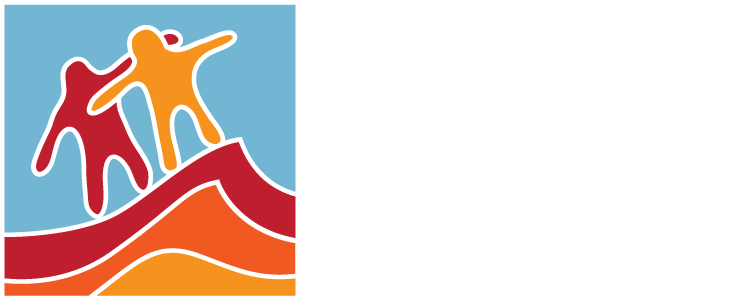MHACA’s Support Coordination Team assists NDIS participants with mental health difficulties and a permanent and significant disability to access quality formal and informal support services in their community.The Support Coordinator will have responsibility for establishing and maintaining a positive collaborative relationship with the participant. They have responsibility for ensuring the participant is linked to the services and supports that will allow them to achieve the goals articulated in their NDIS Plan. The Support Coordinator will actively be involved in the development, implementation, monitoring, review and reporting of participants programs with key stakeholders.
Participants are supported and encouraged to have control and choice over how, when and where those supports are provided. Support Coordinators are employed to facilitate this process and help participants and their families seek opportunities to build capacity to enable them to reach greater levels of independence and improved quality of life.
Key Responsibilities:
- Identify and coordinate a range of service providers and supports to meet the identified needs of the participants accessing NDIS.
- Support NDIS participants to build capacity to coordinate their NDIS plans and ensure support is focused on their goals and plans.
- Actively engage in the development, monitoring, review and reporting of participant’s NDIS Implementation Plans and sharing progress with key stakeholders.
- Ensure that appropriate resources are available to achieve the agreed service delivery and related tasks.
- Build capacity for participants and families enabling them to have greater levels of independence and resilience.
- Build NDIS capacity for participants and family to understand and navigate service systems.
- Monitor expenditure and support participants to remain informed about their rate of expenditure and the potential effects.
- Maintain up to date accurate and comprehensive participant records and documentation in accordance with legislative requirements.
- Liaise with and report as required to NDIA in relation to NDIS participants and their plans.
For a full position description, selection criteria and how to apply download the Support Coordinator PD.
Applications close 4pm Monday 4 April.


